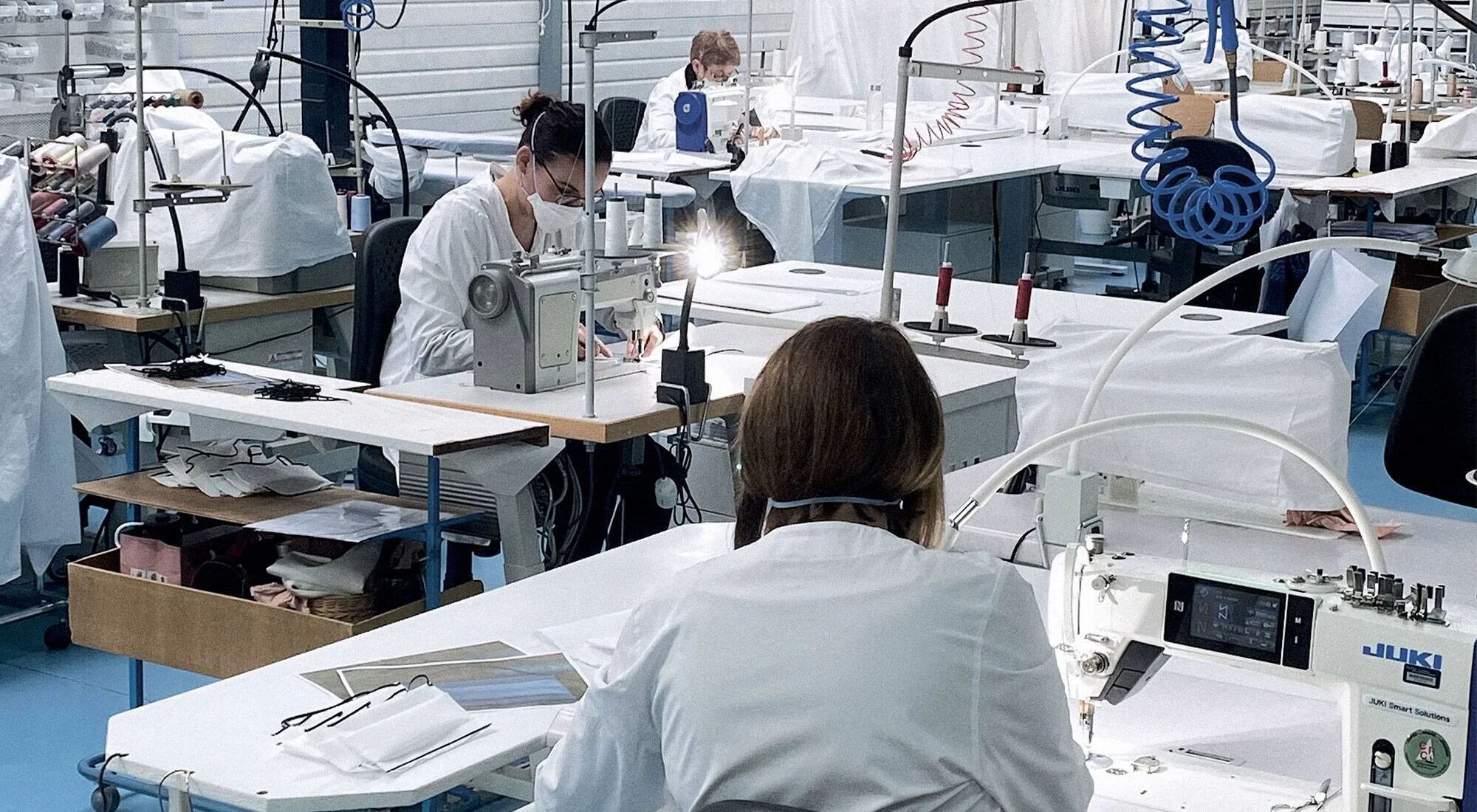By Kathleen Sharp
Globally, with over two million confirmed cases as of mid-April, COVID-19 has created extreme obstacles for millions in regards to public health, safety, and job security. As hospitals reach capacity and healthcare workers face increasingly hazardous conditions, businesses seek to support afflicted areas, whether on an international or local level. As acts of solidarity, they engage in corporate responsibility (CSR) as a way to charitably give back to communities in need, and oftentimes to the communities and regions which support their business during non-crisis periods. In recent years, corporate responsibility has grown in popularity due to the need for brands to stand out in overcrowded marketplaces by demonstrating strong values and a purpose. Detractors of large corporations often point to the self-promotional aspect of corporate responsibility since good acts tend to draw praise and media attention. In response, companies and proponents of CSR point to the success of businesses in moralizing the imperiled or vulnerable communities they serve.
Here are four initiatives taken by brands across varying business sectors to support those affected by the novel coronavirus pandemic:
Beauty
Beauty brand Estée Lauder has announced plans to partially transform their Melville, New York manufacturing facility into a production plant for hand sanitizer which they will provide for high-need groups and populations, including front-line medical staff. The company’s efforts to support healthcare workers also positively impacts their employees who will be financially compensated to volunteer to produce the hand sanitizers. Giving employees the option to work during what is a financially-trying time benefits Estée Lauder employees, and makes this CSR rewarding to all parties. The brand even earned applause from New York Governor Andrew Cuomo in a Twitter shoutout that received over 36,000 likes. The virality of the tweet serves not just as a commendation from the Governor Cuomo who has become a recognized leader in the fight against coronavirus, but it also serves as free marketing for the brand.
Luxury
Employees at a Christian Dior workshop in Brittany sew alternative non-surgical face masks for the general public.
Image Credit: LVMH
French luxury conglomerate LVMH, which houses iconic luxury brands like Louis Vuitton, Givenchy, Dior, Marc Jacobs; has also converted its factories to produce hand sanitizer for French hospitals and healthcare facilities. LVMH has also committed to supplying 40 million surgical masks which they ordered from a Chinese industrial supplier free of charge to French health authorities.
Tech
More healthcare providers work remotely and use telemedicine to maintain social distancing. As a result, this transition presents unique challenges to these providers and doctors who have to adapt their practices to meet new health and safety guidelines. Software giant Salesforce has launched its “first Salesforce Care solution for Healthcare Systems, designed specifically for healthcare providers experiencing an influx of requests due to COVID-19.” By offering their customer-relationship management services for free to healthcare providers and professionals, Salesforce hopes to smooth the tech-aspects of those providers’ worries. While the company does not have the infrastructure to produce needed goods, like facemasks or hand sanitizers, their services will aid hospitals adjusting to new circumstances. Salesforce CEO Marc Benioff is also calling on other CEOs to follow his lead in taking a 90-day pledge to not layoff employees, showing his commitment to his employees’ wellbeing.
Consumer
Consumer goods company Unilever has teamed up with the nonprofit Feeding America to donate food, soap, hygiene products, and home cleaning supplies to Americans in need. They have also agreed to donate 200 thousand face masks to New Jersey hospitals. In an act of solidarity with its workers and employees, Unilever has also decided to sponsor $540 million in relief “to support livelihoods across its extended value chain through early payment for its most vulnerable small- and medium-sized suppliers, to help them with financial liquidity; and extending credit to selected small-scale retail customers whose business relies on Unilever, to help them manage and protect jobs.”
The Takeaway:
A silver lining to the pandemic, corporate responsibility and do-goodism seem alive and well. These cases only represent four companies of the many others whose commitment to philanthropy and social causes will benefit those in need and those affected by COVID-19. The companies’ loyalty to their employees and the communities they serve is not unnoticed, and will undoubtedly assist in global efforts to combat the public health and economic repercussions of such unprecedented circumstances.

